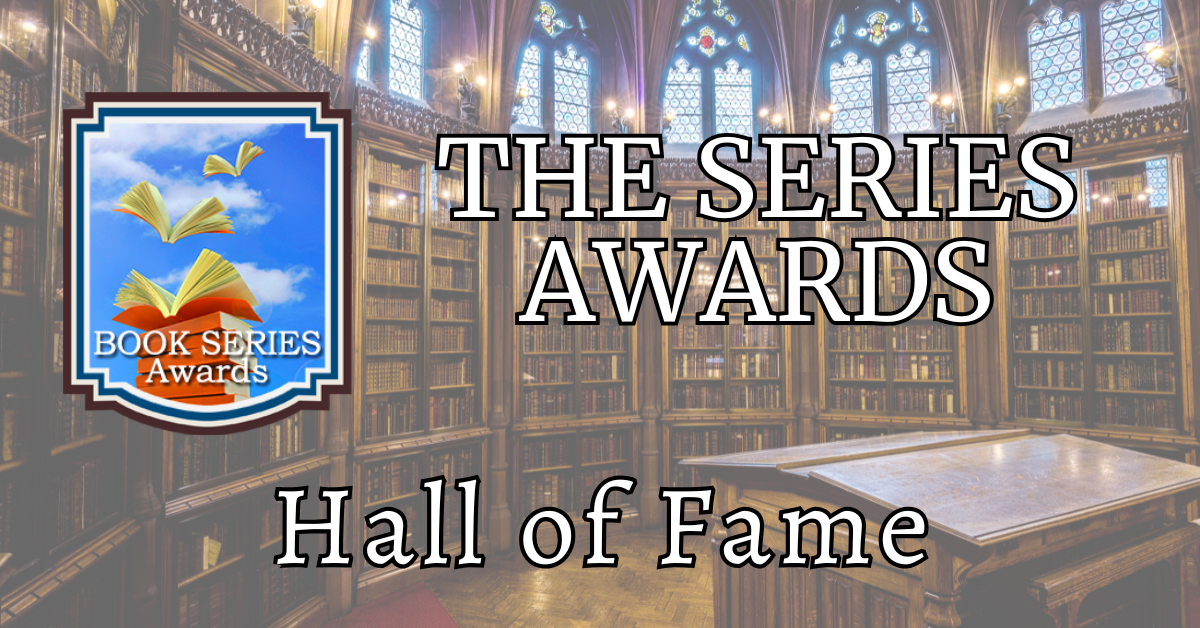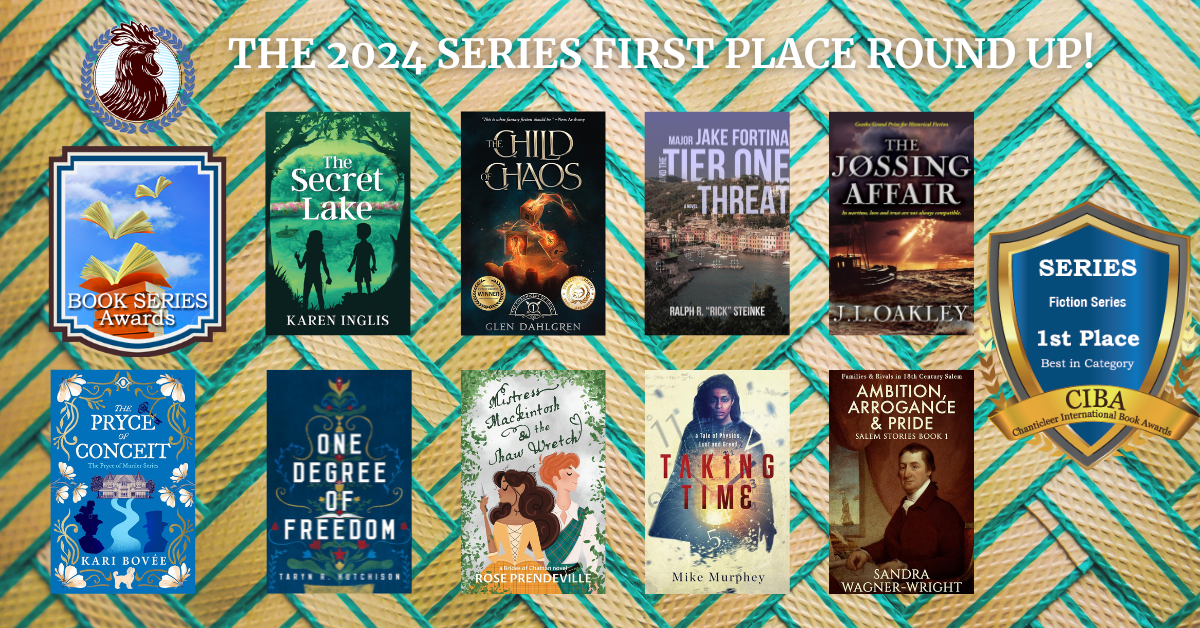|
Listen to or download this article:
|

History is alive and well
because of authors like you!

The Chaucer Book Awards recognizes the best of the best in Historical Fiction featuring the Pre-1750s Historical Fiction, including pre-history, ancient history, Classical, world history (non-western culture), Dark Ages and Medieval Europe, Renaissance, Elizabethan, Tudor, and 1600s.
Named for Geoffrey Chaucer who wrote The Canterbury Tales, The Chaucer Awards is the first Historical Fiction division created at Chanticleer, pre-dating the Goethe Awards for Late Historical Fiction and the Hemingway Awards for 20th c. Wartime Fiction. After receiving an overwhelming amount of entries into the 2016 Chaucer Book Awards, the judges requested that the CIBAs divide the historical fiction division.

The Canterbury Tales is considered one of the greatest works in the English language, and is in large part responsible for the strong Germanic influence (the top competing work of literature, Pearl, was much more heavily influence by French, but it wasn’t as popular and we don’t even have records of the author’s name). It was among the first non-secular books written in Middle English to be printed.

A woodcut from William Caxton’s second edition 0f the Canterbury Tales printed in 1483
Our favorite Rooster, Chanticleer himself comes from the Prior’s Tale, written by Chaucer!

“For crowing there was not his equal in all the land. His voice was merrier than the merry organ that plays in church, and his crowing from his resting place was more trustworthy than a clock. His comb was redder than fine coral and turreted like a castle wall, his bill was black and shone like a jet, and his legs and toes were like azure. His nails were whiter than the lily and his feathers were like burnished gold.” – Chaucer
Some interesting tidbits about Geoffrey Chaucer
- Born c. 1342/43 probably in London. He died on October 25, 1400
- His father was an important London vintner
- His family’s finances were derived from wine and leather
- Chaucer spoke Middle English and was fluent in French, Latin, and Italian
- He guided diplomatic missions across the continent of Europe for ten years where he discovered the works of Dante, Petrarch, and Boccaccio whose The Decameron had a profound influence on Chaucer’s later works
- He married well as his wife received an annuity from the queen consort of Edward III
- His remains are interred in the Westminster Abbey

As our deadline draws near, don’t miss this opportunity to earn the distinction your historical fiction deserves! Enter today!
The Grand Prize Winner for the CIBA 2022 CHAUCER Awards is:
Mack Little, author of
Daughter of Hades


Her a novella Shelter in a Hostile World in the same series is available now!
See the full list of 2022 Chaucer Winners here!

The Chaucer Awards, as a Division of the CIBAs, promotes authors at every step of the way. Each time a book advances we promote it
- Posting it on our high traffic website
- Highlighting it across our social media
- Sending it directly to our audience in a newsletter blast
Beginning at the Short List we start offering digital badges and promotional stickers to all entrants. We love promoting our authors and can’t wait to see who moves up in the lists for this prestigious award!









Leave A Comment